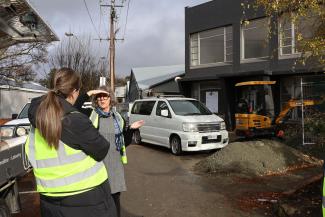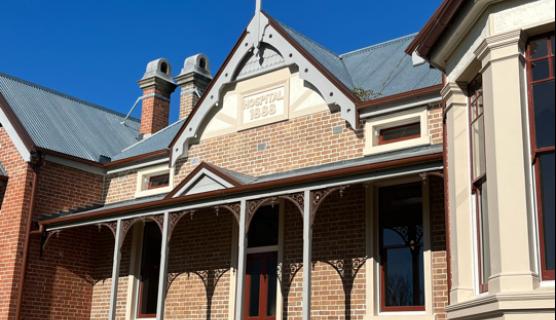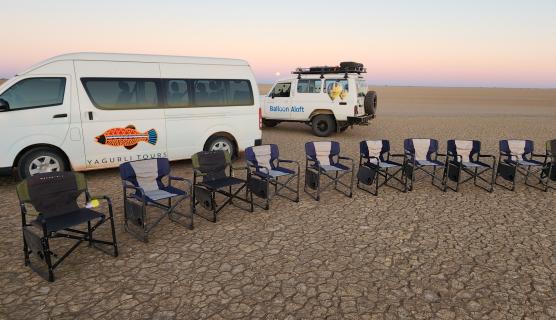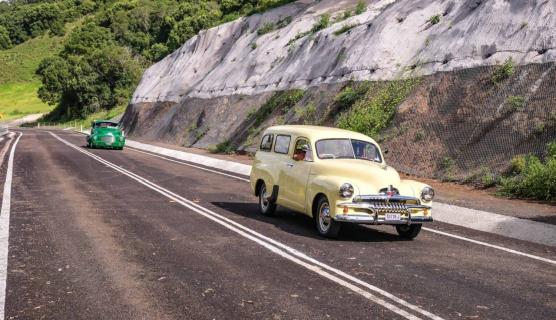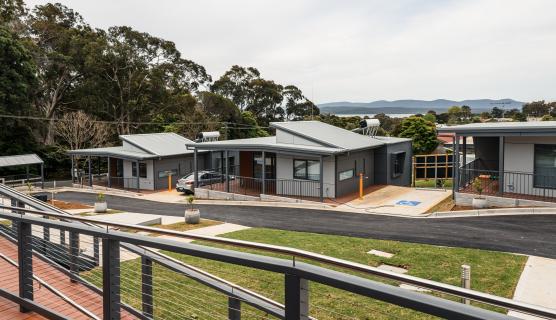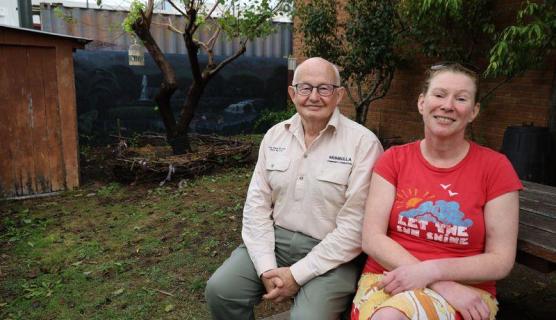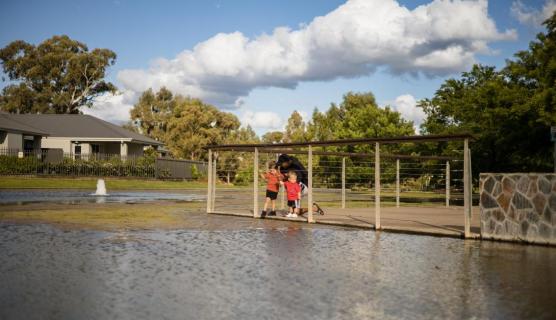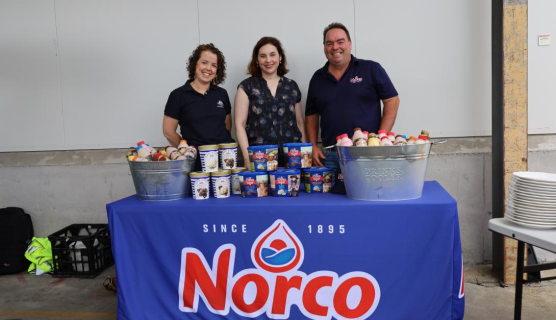A boost for tourism and local employment
The funding provided through the Local Economic Recovery Program has been used to refurbish the space, with construction now complete. The new facility is a precinct for arts and culture in the region. With a gift shop, carefully designed spaces for workshops, and studios for artists to work from, there is always something new to see. The addition of a temperature-controlled gallery also allows for travelling exhibitions from national collection institutions, bringing people into the town to enjoy.
The facility also has a space for artists to come and stay for longer periods of time with a bedroom, bathroom and kitchenette setup. Accessibility is also a key feature of the upgrades.
Kim Jordan, the owner of a Lobethal Bed and Breakfast said, “We really need something that attracts people into the town throughout the year so that we have a steady stream of visitors who will enable our local businesses to thrive, and I think Fabrik is going to achieve that.”
“Being able to access the funding through the LER Program, to connect with funding from all levels of government, has meant we’ve been able to transform this really significant community site to connect with our community and draw people to the Hills and we really hope to make a difference to the local economy with that,” said Melinda Rankin.
